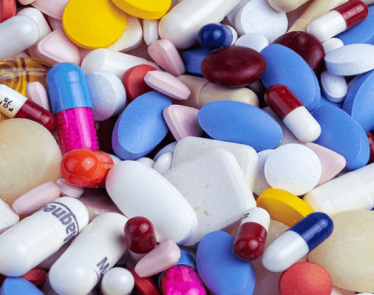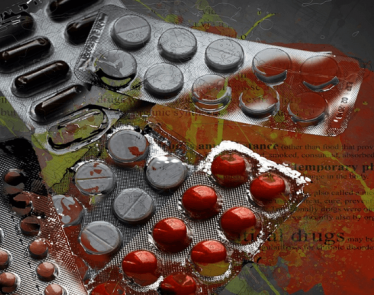
Optimi Health Corp, a native Canadian business that creates natural, scalable, and affordable mushroom formulations for transformational human experiences, has made a health request to Canada for an amendment to the Controlled Substances Dealer’s Licence. With the amendment, the Company would be able to synthesize, refine, and distribute, among other things, pharmaceutical-grade 3,4-Methylenedioxymethamphetamine (“MDMA”) at its Princeton, British Columbia, facility.
The Company’s primary capital expenditure is now complete and it will proceed to broaden its product offering encompassing a wide variety of synthetic psychedelics through its industry-leading EU-GMP cultivation and analytical laboratory. By coordinating the action with Optimi’s anticipated year of commercialization, the Company will be able to take full advantage of revenue-generating opportunities through standardized psychedelic drug testing, R&D, and product development through authorized clinical trials and exemption-based applications.
Justin Kirkland, Optimi Health Chief Science Officer, asserted, “Since our inception, Optimi has received a steadily increasing volume of inquiries related to the production of synthetic psychedelics from stakeholders within the sector, made all the more timely by recent developments. Our analytical laboratories were purpose-built to enable us to act as an EU-GMP compliant drug manufacturer for these interests, without in any way detracting from our primary goal of cultivating natural psilocybin.”
Using his knowledge of GMP regulations from his position as CEO at FDA-registered Fristoe Pharmaceuticals and his skill in drug production, as demonstrated by his USPTO-awarded Bromo-LSD manufacturing patent sold in 2020 for C$10M, Mr. Kirkland promotes Optimi as a market leader.
Bill Ciprick, the CEO of Optimi, claims that the company’s operational footprint and throughput capacity are unparalleled in North America and that it would probably take new entrants years and millions of dollars to match Optimi’s scale and clinical efficacy. Furthermore, he said, “We have a strong idea of our position in the market and how the amendment fits with our strategic priorities.” He also added, “We are filing this amendment following conversations with researchers and drug developers which have led to a high volume of requests for GMP-compliant synthetic psychedelics. The positive reports from trauma sufferers, including veterans groups, for whom substances such as MDMA might make a difference, mean that safe, scalable supply is going to be more crucial than ever to the success of psychedelic medicine.” On a final note he said, “As we continue with our planned year of commercialization, Optimi views the capacity to produce and distribute these substances as integral to our overall positioning and revenue generation within the sector’s supply chain.”
The Company’s amendment application to Health Canada also includes:
- N,N-Dimethyltryptamine (“DMT”);
- 3,4,5-trimethoxyphenethylamine (“Mescaline”);
- 2-(2-chlorophenyl)-2- (methylamino)cyclohexanone (“Ketamine”);
- Lysergic Acid Diethylamide (“LSD”);
- 1-(1-phenylcyclohexyl)piperidine (“Phencyclidine”);
- 4-Hydroxybutanoic Acid (“GHB”);
- 4,9–dihydro–7–methoxy–1–methyl–3H–pyrido(3,4–b)indole (“Harmaline”);
- 4,9–dihydro–1–methyl–3H–pyrido(3,4–b)indol–7–ol (“Harmalol”);
- Salvia Divinorum, Salvinorin A; and,
- 4-Bromo-2,5-Dimethoxybenzeneethanamine (“2C-B”).
Featured Image: Megapixl © Sofiaworld












